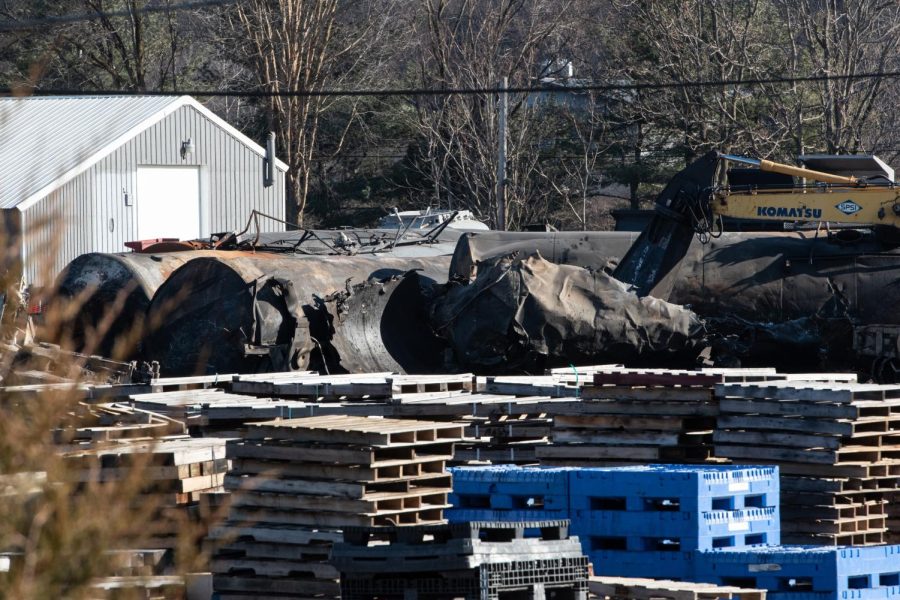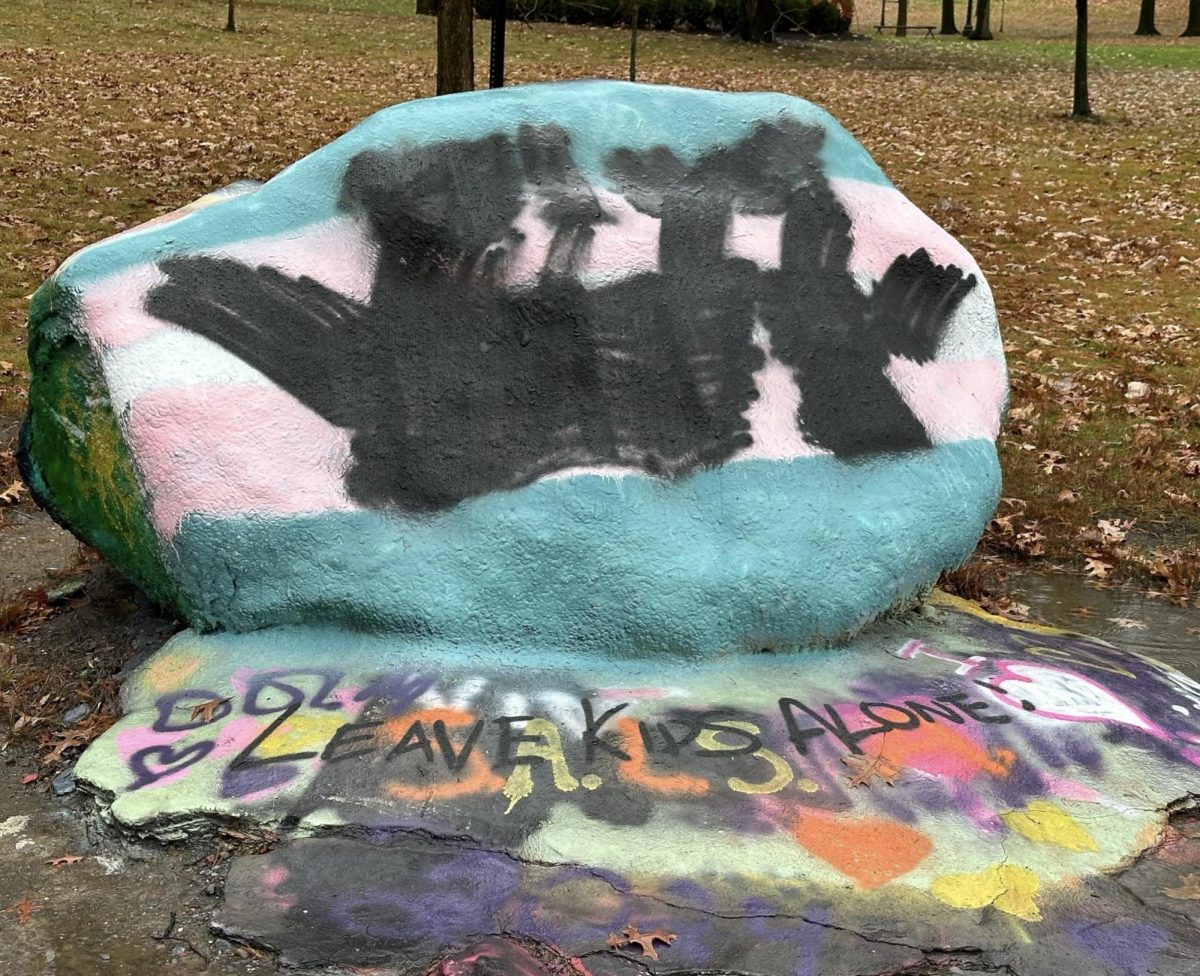Researchers from the university teamed up with other universities to form the Ohio/Pennsylvania University Research Consortium, which works to summarize the effects of the East Palestine train derailment.
Beyond Kent State, the consortium is made up of around two dozen researchers from seven universities and was organized by researchers from Case Western Reserve University, The Ohio State University and University of Pittsburgh.
Jeffrey Hallam, a university professor in the College of Public Health and director of the Healthy Communities Research Institute, is the liaison between Kent State and the Research Consortium.
Hallam said the universities wished to participate in this research opportunity because of the proximity of the derailment, but researchers further away were also interested in exploring the data.
“The Research Consortium was put together primarily because this happened right there in East Palestine, and there was a flood of people from Ohio and Pennsylvania that wanted to go in there and do research,” Hallam said. “The folks that live there were inundated with people and researchers, lots of people running around while they’re still trying to deal with the cleanup and everything else.”
Hallam said the consortium came together to provide an independent voice of the data that was already being collected and present it to the public.
Members of the consortium have a variety of academic backgrounds and research experience and use pre-obtained data from various sources, such as other researchers and response agencies.
The goal of the consortium is to present the findings in a manner that is more understandable for those affected and to make recommendations for community members, Hallam said.
The data presented by members of the Research Consortium is publicly available, but the university has its own researchers who are currently collecting data separately from the consortium.
“It was all publicly available data that was then presented back to the public, but we do have Kent State researchers that are collecting data and have been since the derailment,” Hallam said.
The Kent State researchers collecting their own data have not yet presented their findings, as the research is ongoing.
Sandra Morgan, strategic partnership and outreach director for the College of Arts and Sciences, looks for opportunities on behalf of the college, which prompted her to look for research for the derailment.
“Out of this tragedy at East Palestine, I saw an opportunity for our faculty members to participate, do some research and get in the mix,” Morgan said.
Other universities were attempting to initially help with conducting research in the city, but Morgan said they were not necessarily helping for the right reasons, and this caused Kent State researchers to take a while building trust and becoming part of the consortium.
Morgan said the research opportunities presented were great, but what inspired her and other members of the university to partake in it was the closeness with which the derailment happened.
“We wanted to know what was happening, certainly, in the area, and especially since we have a couple of campuses that are right in the area, Salem and East Liverpool, we wanted to be a part of the solution,” Morgan said.
Morgan said the researchers are working through all of the data presented to them, including samples from soil, water, air and plant life.
The consortium held a state of the science update in East Palestine on April 10, which focused mainly on the data surrounding air. The next update, which will occur at an undecided future date, will focus on soil and water data.
The state of the science update was open to the public, and residents or anyone else interested in the effects was encouraged to attend.
“To be able to interpret the information in a way that people understood, and for them to be able to ask questions to people who are experts in their respective fields, was also very helpful,” Morgan said. “To not just have the government answer to everything, but to have people for whom this is their life’s work be able to answer.”
Kayla Gleason is a beat reporter. Contact her at [email protected].





